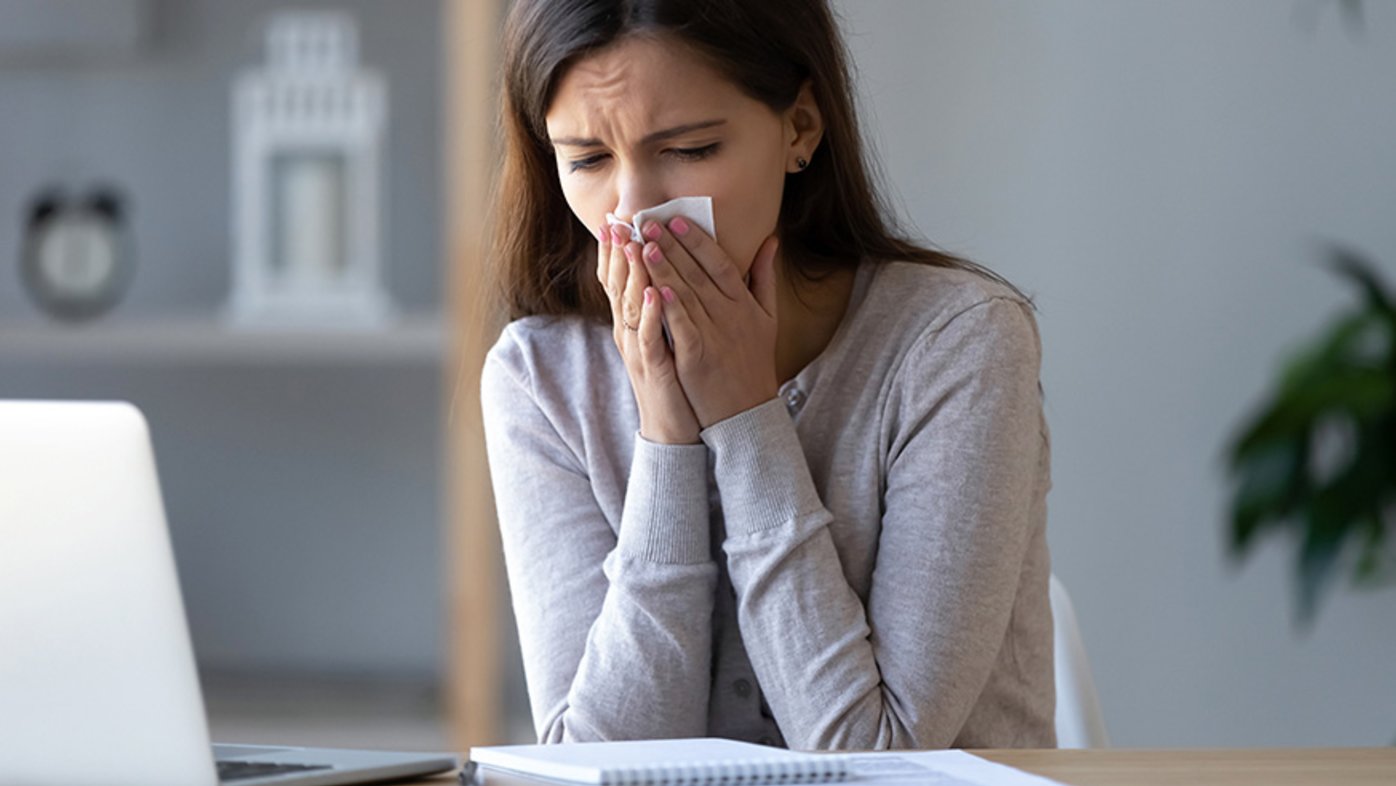
Relief for chronic sinusitis
An ENT doctor answers questions about common treatments for chronic sinusitis.
It’s midafternoon and your eyelids are drooping. “A nap sounds good right about now,” you think to yourself.
According to Dr. Ari Laliotis, a board-certified internal medicine and sleep medicine doctor with Sharp Rees-Stealy Medical Group, while a nap is OK on occasion, it usually signals something more concerning — sleep deprivation.
“The urge to sleep during the day may be a sign that you’re not getting enough sleep at night,” says Dr. Laliotis. “Napping on occasion is fine. A well-timed nap can provide a short-term boost in brainpower.”
However, Dr. Laliotis warns that napping on a regular basis will actually worsen nighttime sleep. Think of sleep like a bank account, he suggests.
“You want to aim to deposit seven to eight hours of sleep into the account every night,” says Dr. Laliotis. “When you get an insufficient amount of sleep at night, you develop a ‘sleep debt,’ which can be offset by napping.”
But instead of napping, Dr. Laliotis recommends you try to tough it out until nighttime. Go to sleep earlier than usual to ensure you “pay back your debt” with a full night of sleep.
Important sleep tips
If you must nap, however, Dr. Laliotis advises against napping over 30 minutes — commonly known as a “power nap.” A longer nap may result in grogginess and poor sleep the following night.
He shares a few additional tips:
In general, you should sleep seven to eight hours every 24 hours.
Sleep is controlled by light and darkness, so make sure the room is dark.
Minimize electronic light from computers, tablets, TVs or smartphones.
Minimize noises that could be distracting, including turning off phone ringtones.
Relax the brain with either meditation or light music.
Understanding the stages of sleep
According to Dr. Laliotis, deep sleep, also called delta sleep, is important for your body to fully recuperate from the day. A short power nap typically only provides the lighter stages of sleep, which are not as restorative as the deeper stages of sleep.
“Unless you’re severely sleep deprived, you will likely only be in a lighter stage of sleep during a nap,” Dr. Laliotis says.
What if you get a full eight hours of sleep, but are still yearning for a nap? If you consistently feel tired and groggy during the day — even after a full night of sleep — it could be a sign you’re getting poor quality sleep due to an undiagnosed sleep disorder, Dr. Laliotis warns.
“Through a sleep study, also known as a polysomnogram, a sleep specialist can identify underlying issues during overnight sleep that may not be evident to you,” he says.
Learn more about sleep; get the latest health and wellness news, trends and patient stories from Sharp Health News; and subscribe to our weekly newsletter by clicking the "Sign up" link below.
Our weekly email brings you the latest health tips, recipes and stories.